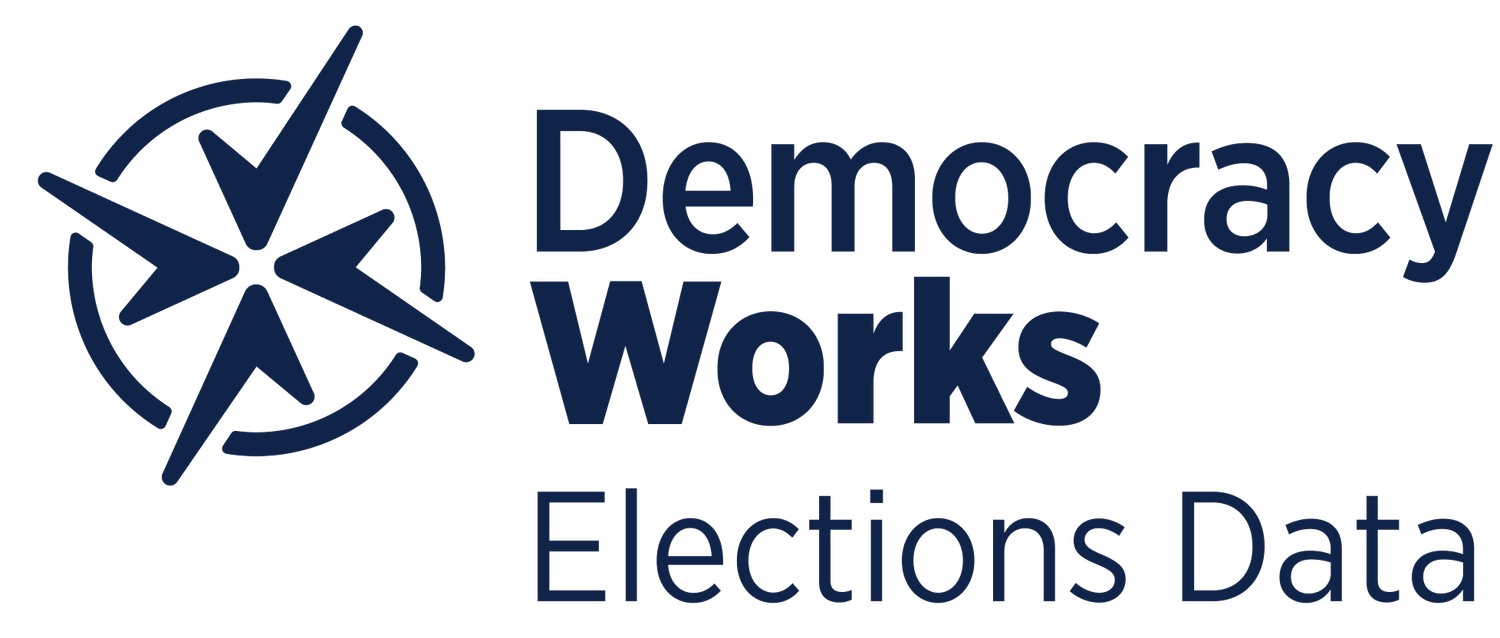Building Trust in Elections Data: The Role of Official Sources at Democracy Works
Democracy Works is committed to providing users and partners with access to the most accurate information about voting and elections. Because individual states establish their own election laws and localities administer elections, there is no unified, comprehensive source for all US election information. As a result, we use a variety of authoritative sources — including government websites, documents, and officials – to obtain our data.
First steps
During our research process, we seek out information regarding election-specific dates, deadlines, and resources, as well as state-specific requirements and practices. When available, we use a combination of state and local election office websites to acquire this information.
When there aren’t authoritative government sources online, or when we need additional information to clarify important topics, we contact state and local election officials. Their feedback helps us ensure that our information aligns with official guidance and reflects the nuances of the election landscape.
A wide range of sources
If there is any delay in confirming information from election officials, or if we want to check information we received via internet research or outreach, we consult state and local legislation to determine some dates, deadlines, and rules. We may also refer to federal resources, such as the National Voter Registration Form, for more general guidelines, although these are less likely to address specific details of election administration.
If we need to confirm election information that is not readily available from other authoritative websites and officials, we reference published notices, minutes, and other documentation from local governing bodies. These commissions and councils govern at the municipal and county levels.
We also use secondary sources to optimize our efficiency. In these instances, we rely on tools that gather data directly from authoritative government sources and provide clear attribution for this information. We use the Civic Information API to find the OCD-IDs – unique identifiers that map elections to jurisdictions – that help us determine our election coverage. We track and monitor legislation in every state using LegiScan, a nonpartisan platform that obtains its information from official government sources.
Cross-checking and quality assurance
Once we obtain information, we verify it with multiple authoritative government sources when they are available. This process, known as cross-checking, helps us guard against errors and confirm that our interpretation of legislation is correct. Cross-checking significantly enhances accuracy and plays a key role in our quality assurance. In instances where one source is silent or unclear about a particular aspect of an election, referencing multiple sources helps us fill in the gaps.
Thanks to the efforts of our dedicated Research team, Democracy Works is able to obtain timely, accurate, nonpartisan election data from official government sources. Our use of these official sources, combined with our robust quality assurance process, allows us to provide the most comprehensive election guidance to US voters and the platforms that serve them.
How can our trusted election information help your organization? Reach out today to learn more.
